Research in UMIT2 Lab is Funded By the Following Agencies/Institutions











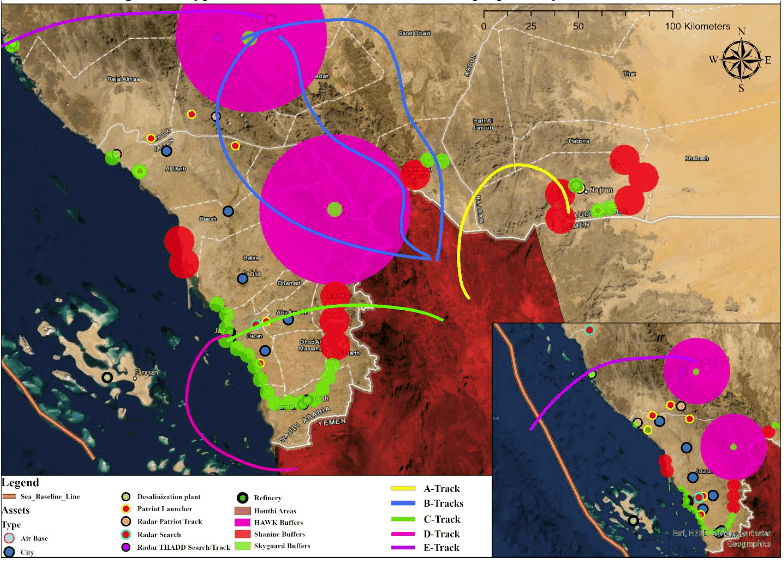
This project involves collaborations between UMIT2 Lab, Lockheed Martin, and Butler Aerospace & Defense researchers. The project has three main goals:
1) Highlight technical gaps and limitations for defense systems capabilities against emerging air threats including UAV and missile attacks;
2) Model & simulate current defense systems to test their capabilities and limitations; and
3) Propose recommendations for near and long terms future modifications and enhancements.
Award: Lockheed Martin Corporation

CRAVRE is a one-of-a-kind virtual reality-based training program powered by artificial intelligence which will help thousands of public safety officials respond to and recover from cyber attacks created by Internet of Things (IoT) technologies. This program is currently in development by experts in Purdue Polytechnic’s department of Technology Leadership & Innovation, Computer & Information Technology, and the Texas A&M Engineering Extension Service (TEEX).
Award: Department of Homeland Security / Federal Emergency Management Agency
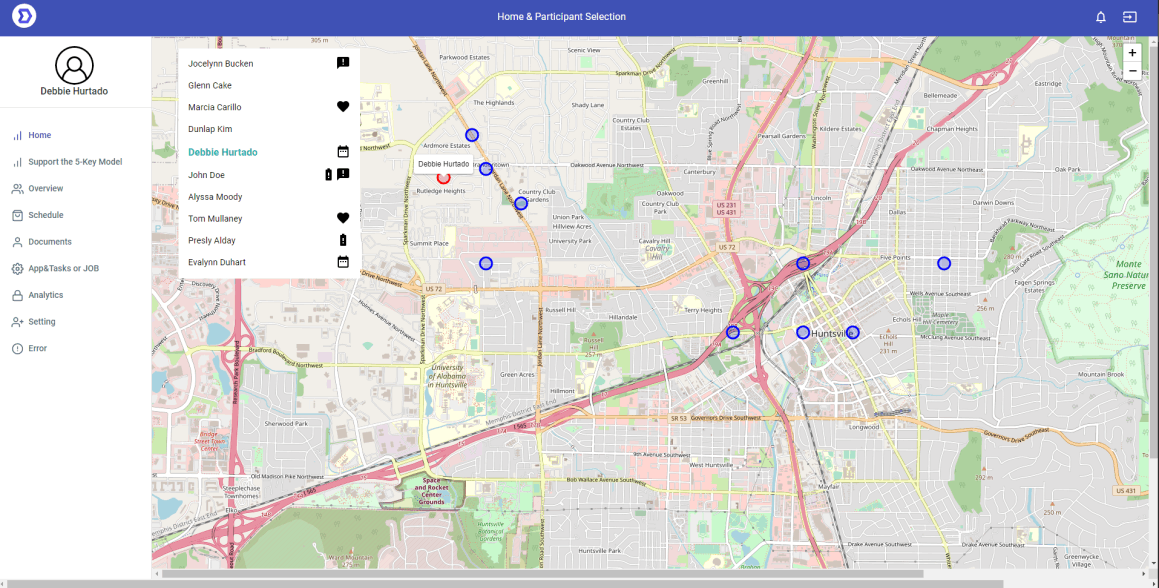
This project involves a researcher-practitioner partnership between a research team led by Purdue University and Tippecanoe County, IN. The project has three goals: (1) develop a novel AI-based system AI-SMS (AI-based support and monitoring system) to support offender reentry; (2) deploy that system with Tippecanoe County Community Corrections (TCCC); and (3) analyze the use and impact of AI-SMS and modify the system based on that analysis.
Award: National Institute of Justice
Award # 2019-75-CX-K001
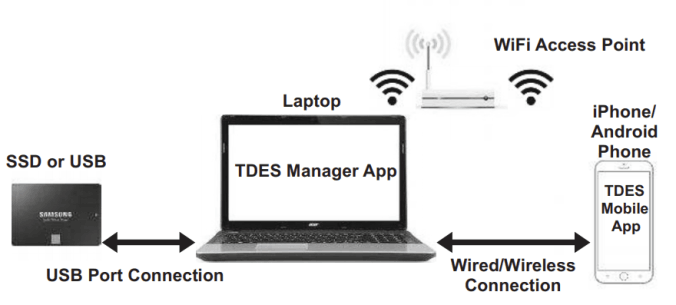
The goal of this project is to develop a prototype software system that can do targeted data extraction from mobile devices (iOS or Android based), that have been voluntarily handed over to the law enforcement agencies by a bystander or a victim subsequent to an incident. The ultimate goal of the system is to preserve the privacy of data and user during the investigation.
Award: National Institute of Justice
Award #: 2016-MU-CX-K003
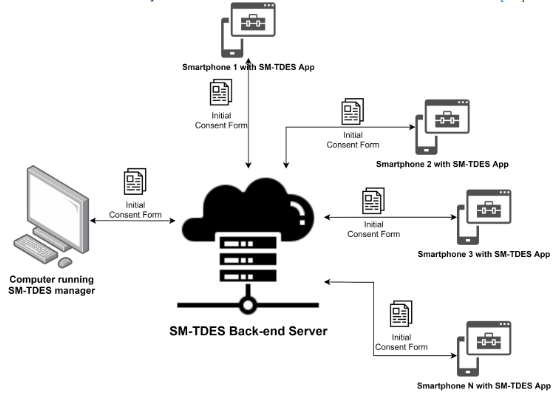
In this project, we aim three criteria: (1) we want to highlight and explore the need to extract data from many phones concurrently for any type of mass incident involving many people; (2) we want to develop significant analysis capabilities using AI to automatically extract information of relevance for pursuing leads in mass incident cases; it is likely that even the selectively extracted data from multiple phones is expected to be of large volume; and (3) we want to ensure that both the smartphone interface and the back-end analysis system are simple yet robust and functional to the point that it is possible to use the resulting system in real environments.
Award: National Institute of Justice
Award # 15PNIJ-21-GG-04155-RESS
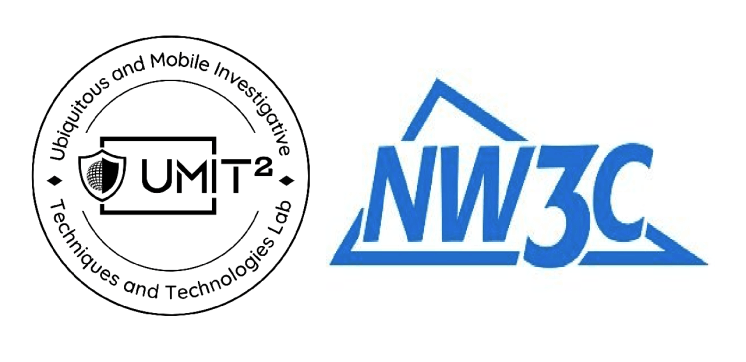
In this project, we propose creating and delivering training and technical assistance (TTA) program related to data of evidentiary value collected by IoT devices, particularly wearable fitness devices and smartwatches, which are transmitted and stored in the cloud. Purdue will develop and deliver the TTA program in partnership with NW3C, the National White Collar Crime Center. NW3C and Purdue will jointly develop two live webinars for criminal justice professionals, one targeting the understanding and collecting fitness device evidence, and the other focused on explaining wearable device evidence and using it in court.
Award: Holistic Safety and Security RIA Seed Grant (2018), Purdue Polytechnic Institute.
Award # 15PBJA-21-GK-03996-INTE

Our aim in this study is to develop a forensic software utility called MobiLyze that will “automatically” generate mobile device forensic images suitable for education and training by instructors in an academic environment as well as for testing and evaluation in research activities. Furthermore MobiLyze will support instructors in the maintenance and distribution of these forensic images by integrating with most learning management systems such as Blackboard, Moodle and Canvas.
Funding: EURECA FAST Grant, Sam Houston State University

In this project, we define the digital forensics tool selection for a specific investigative task as a multi-armed bandit problem assuming that multiple tools are available for an investigator's use. In addition, we also created set of disk images in order to create a real dataset for experiments. This dataset can be used by digital forensics researchers and tool developers for testing and validation purposes. In this paper, we also simulated multi-armed bandit algorithms to test whether using these algorithms would be more successful than using simple randomization during the tool selection process.
Download: Disk images, reports and related python scripts.
Funding: Faculty Research Grant, Sam Houston State University.
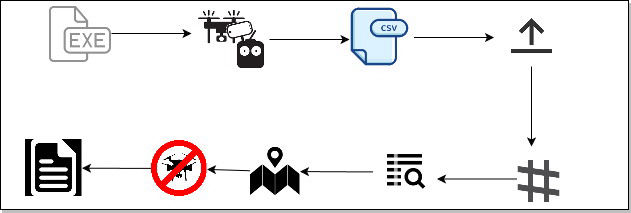
Challenges with drones are focused not only on the security of these devices, but also on the criminal uses for drones which need to be carefully considered. Incident response and forensic analysis of such cases have not been sufficiently addressed by the research community. This project focuses on incident response of cybercrimes related to drones as well as some possible anti-forensic techniques that could be used to alter digital evidence associated with drones. In addition, we also revisit the enacted regulations that purport to restrict the operation of drones in critical infrastructure areas. We evaluate drone incident response by exploring a case study using a hypothetical drone forensic tool to illustrate the acquisition of GPS metadata from both media files and flight logs, with a view towards aiding the incident responders and digital forensic investigators in analyzing illegal flight activities and report such incidents effectively.
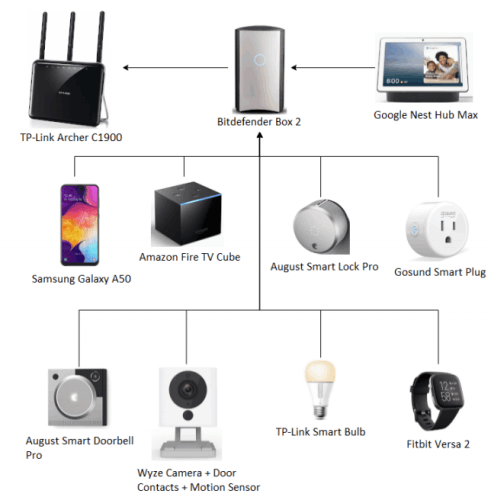
In this study, we aim to address this need by first building our own IoT forensics laboratory at Purdue University. Several students (undergraduate and graduate) work under the supervision of their faculty advisor to populate this lab with relevant IoT devices to simulate that of a smart home. This setup would allow us to simulate possible real-world smart home events (i.e. IoT device compromise, IoT device as a witness) which we can then investigate to both find answers to aforementioned questions and develop efficient methods to investigate these IoT devices. In this paper we will discuss several ways in which IoT devices in a smart home can be compromised and also investigate these devices after the compromise to determine what data can be recovered, how to recover the data and where this data resides.
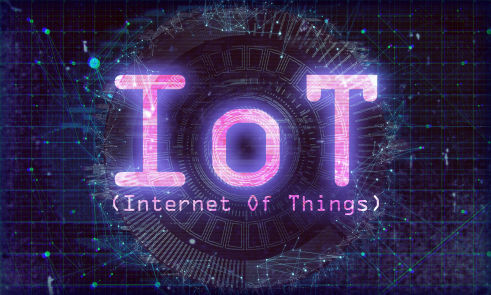
Our aim in this study is to develop a forensic software utility that will “automatically” generate mobile device forensic images suitable for education and training by instructors in academic settings as well as for testing, evaluation, and validation in research-informed workforce activities. Moreover, the proposed system will support instruction in the maintenance and distribution of these forensic images by integrating with most learning management systems such as Brightspace, Moodle and Canvas.
Funding: Holistic Safety and Security RIA Seed Grant (2019), Purdue Polytechnic Institute.
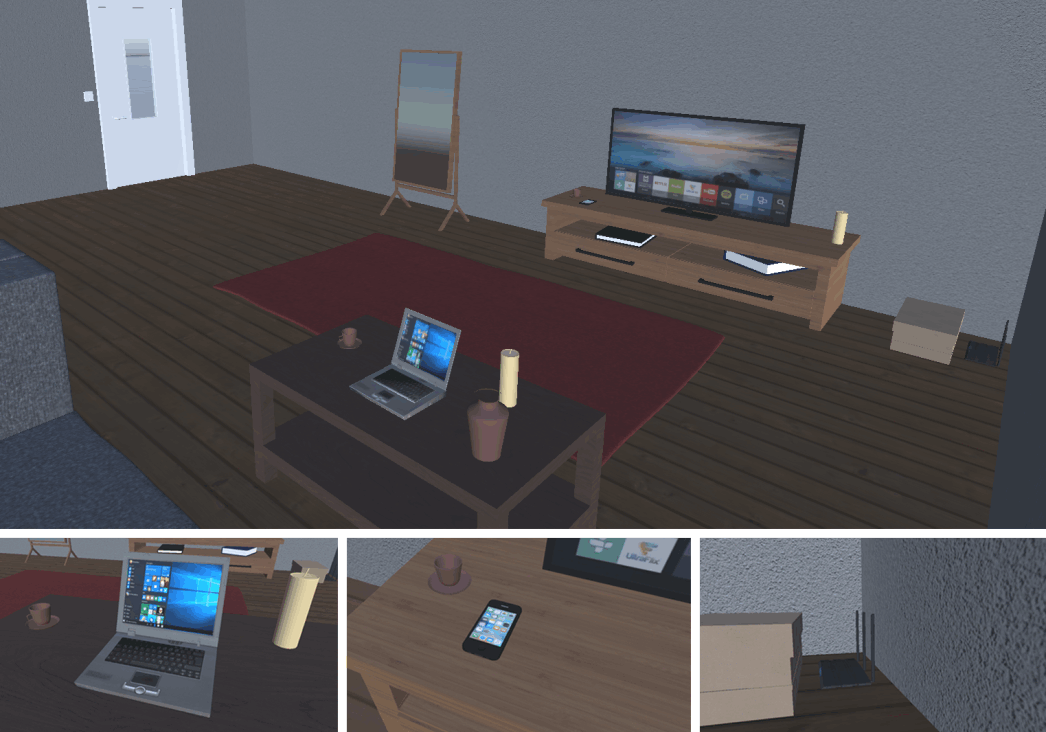
In this project, we aim to explore effective simulation training topics and design through VR technology for Incident First Responders and Digital Forensic Investigators. Incident First Response and Digital Forensics processes include both physical and digital components including bagging/tagging, security, collection, examination, analysis, and presentation of the digital devices and extracted evidence. In order to preserve the integrity of evidence devices, physical process must be handled with utmost cautious.
Award: Holistic Safety and Security RIA Seed Grant (2018), Purdue Polytechnic Institute.
Created with Mobirise site template